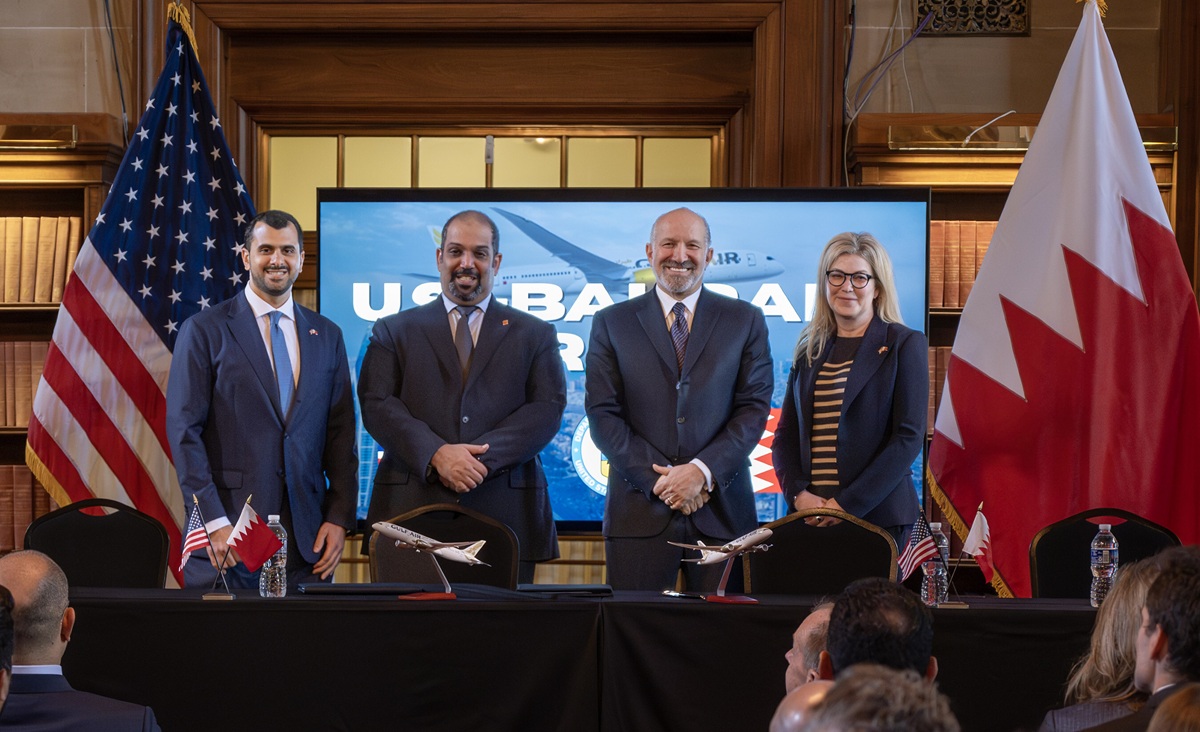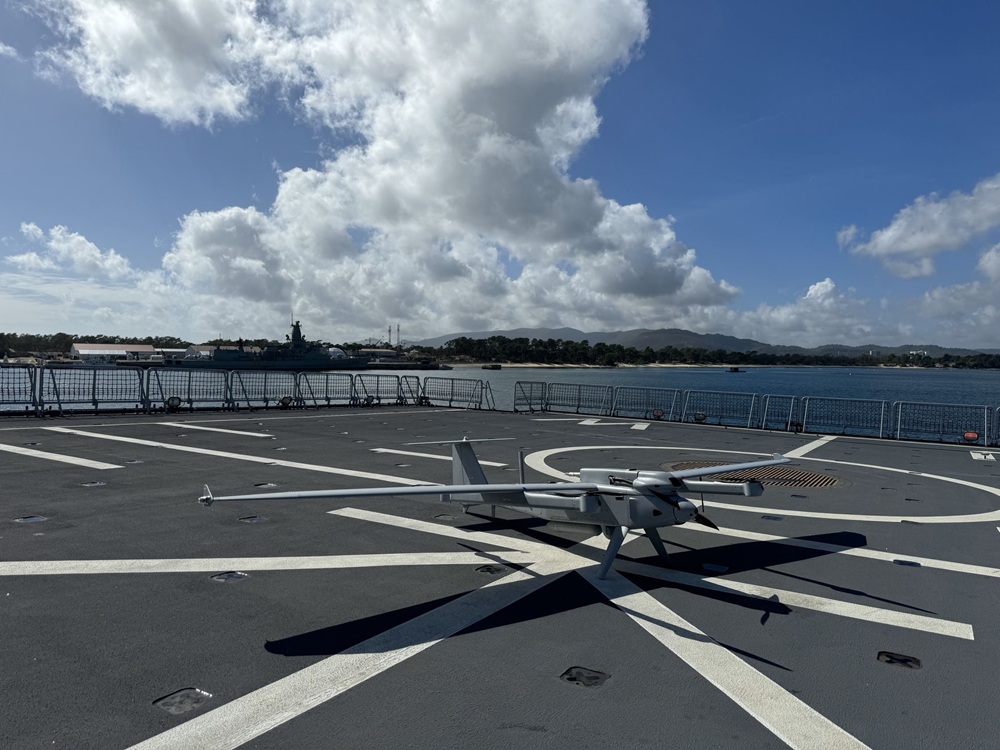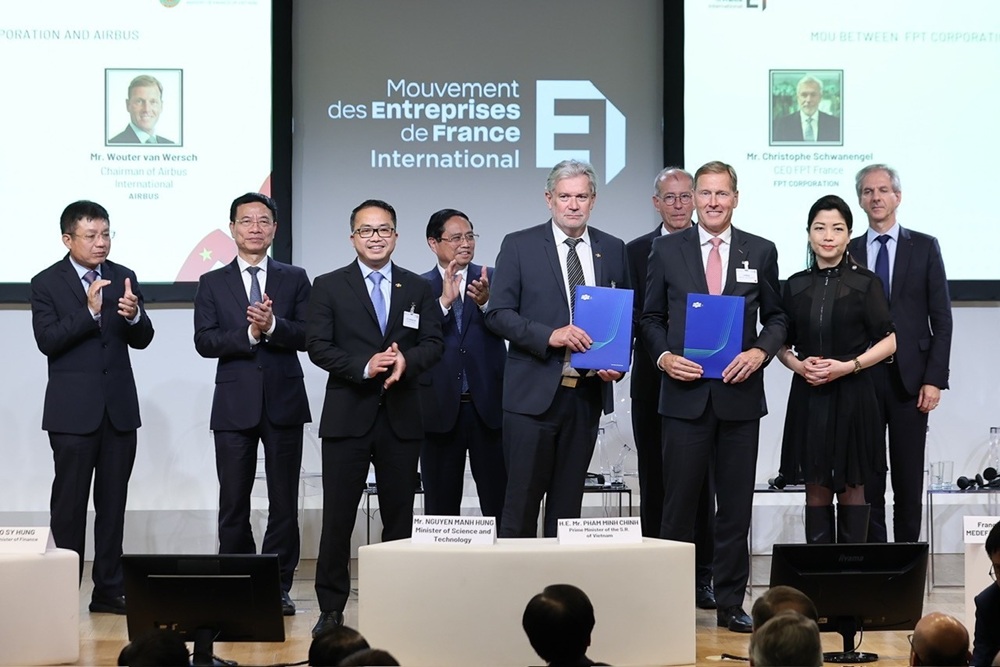Washington, D.C: In a major signal of intent to the global aviation industry, Gulf Air, the national carrier of Bahrain, has signed a transformative agreement with Boeing for up to 18 next-generation 787 Dreamliner jets. Announced in Washington, D.C., and attended by high-ranking officials from both Bahrain and the United States, this deal exemplifies Gulf Air’s drive to enhance its international network and modernize its fleet with state-of-the-art technology.
The Heart of the Deal
The freshly inked order consists of 12 firm 787 Dreamliner purchases, with options for six more, underscoring Gulf Air’s commitment to fleet modernization and strategic growth. Should all purchase rights be exercised, the airline’s Dreamliner fleet could expand significantly, reflecting one of the largest capital investments in the company’s history. The move is projected by Boeing to sustain approximately 30,000 jobs across the United States, a figure that illustrates the broad economic impact of such a deal.
The high-profile ceremony took place in Washington, D.C., with the attendance of Shaikh Salman bin Khalifa Al Khalifa, Bahrain’s Minister of Finance and National Economy, and U.S. Commerce Secretary Howard Lutnick. Flanked by Stephanie Pope, President and CEO of Boeing Commercial Airplanes, and Khalid Taqi, Chairman of Gulf Air Group, the event highlighted not just economic ties, but the deepening diplomatic and commercial relationship between Bahrain and the United States.
Khalid Taqi, speaking at the event, described the agreement as a “transformative step in Gulf Air’s strategic growth journey,” citing the Dreamliner as an anchor for both fleet renewal and international expansion. “The Boeing 787 Dreamliner has proven to be an exceptional aircraft for our long-haul operations, and this new order reflects our confidence in its performance, passenger appeal and contribution to our sustainability goals,” he added.
Gulf Air currently operates 10 Boeing 787s, comprising the backbone of its long-haul operations. The airline flies to more than 50 destinations across Asia, Europe, and North America, and the new jets will further support both route network growth and frequency increases on high-demand sectors.
With Middle Eastern competitors rapidly expanding, Gulf Air’s latest investment signals its intention to match—if not exceed—the ambitions of its peers. According to industry insiders, the additional Dreamliners will enable Gulf Air to expand its network by at least 25% over the next five years, targeting new financial and leisure destinations while strengthening existing links.
Technology, Comfort, and Efficiency
The Boeing 787 Dreamliner has been hailed as one of the most advanced and efficient widebody aircraft, recognized for:
- Significant fuel savings compared to previous-generation jets
- Long-range capabilities suitable for intercontinental flights
- Advanced passenger comfort features, including the largest windows on any widebody aircraft, lower cabin altitude, and advanced air filtration systems
- Technology that reduces turbulence impact, delivering a smoother ride
Since its introduction in 2011, the Dreamliner family has helped open more than 425 new nonstop routes and has flown over one billion passengers globally, making it a cornerstone for many airlines’ international ambitions.
Economic, Diplomatic, and Regional Impact
The total value of the Gulf Air-Boeing deal is estimated between $4.6 billion and $7 billion, depending on how many options are exercised—a sum that dwarfs many regional fleet investments. The economic implications extend beyond mere job numbers; the agreement aligns with a broader wave of U.S.-Bahrain trade collaboration, buoyed by recent diplomatic and business initiatives.
From Bahrain’s perspective, this aircraft acquisition plays a foundational role in the kingdom’s plans to solidify its position as a major aviation and commercial hub in the Gulf region. The move dovetails with a broader government strategy to boost tourism, logistics, and related sectors as the region diversifies beyond oil.
Gulf Air’s partnership with Boeing traces back to 1961, when it received its first DC-3. Over the decades, the airline has taken delivery of 37 Boeing aircraft, consistently choosing Boeing technology to anchor its fleet renewal programs. The sustained alliance with one of America’s flagship exporters is a testament to the mutual trust and shared vision between the two companies.
Competing in a New Era
The Middle East remains one of the world’s most competitive aviation regions, with major carriers like Emirates, Etihad, and Qatar Airways commanding global attention. While Gulf Air is smaller in scale, it has steadily positioned itself as a nimble challenger, focused on quality service and selectivity in network expansion.
With the delivery of new Dreamliners, Gulf Air plans to launch innovative new routes, such as direct services from Bahrain to New York’s John F. Kennedy International Airport, among others. The expanded fleet will equip the airline to efficiently serve both new and traditional markets while offering greater convenience and comfort for international travelers.
A standout feature of the 787 Dreamliner deal is its environmental benefit. The aircraft’s superior fuel economy and lighter composite construction translate to a lower carbon footprint per passenger and flight. For Gulf Air, these gains will support its broader goal of reducing emissions and achieving higher environmental standards, aligning with global regulatory trends and growing passenger preference for sustainable air travel.
As the global air travel market rebounds post-pandemic, industry observers predict that Gulf Air’s strategic investment in modern, fuel-efficient jets will pay dividends in operational efficiency and cost management, while distinctly raising the bar in passenger experience.
Gulf Air’s announcement comes at a pivotal moment for both the airline and Bahrain. With larger rivals in the region commanding greater traffic flows and international brand recognition, Gulf Air’s focus on fleet modernization and selective expansion is poised to carve out a unique niche. The new Dreamliners symbolize both a technological leap forward and a powerful statement of confidence in the airline’s—and the kingdom’s—future.
The agreement between Gulf Air and Boeing marks a significant chapter for aviation in the Gulf region. Driven by ambitions that meld tradition with modernity, and regional competition with global partnerships, Gulf Air is not only buying aircraft; it is investing in Bahrain’s stature, capability, and vision as a hub for twenty-first-century air travel.




